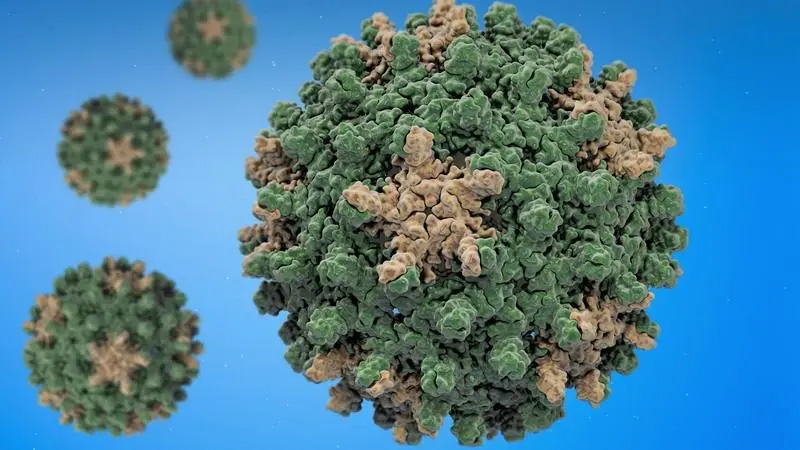According to the World Health Organization (WHO), there are More than one million new sexually transmitted infections (STIs) are added every daymost of which are asymptomatic.
this Dr Stacey Riza“In recent years, we’ve seen an increase in cases of many sexually transmitted infections, especially syphilis,” explained the infectious disease specialist at the Mayo Clinic.
However, there are several reasons why STIs have continued to rise in recent years. syphilis, such as chlamydia and gonorrhea, Is it a bacterial infection And can be treated with antibiotic drugs.
These drugs are not effective against viral infections such as hepatitis B, human immunodeficiency virus (HIV), or herpes. Also, not all people with STIs develop symptoms.

“The best way to prevent most STIs is to use barrier contraception during intercourse,” he said.
“Part of the difficulty in controlling transmission is that some people don’t have symptoms but can transmit it to other people,” Dr Riza said.
Experts say informing people is crucial and an important step in reducing the risk of STIs, which can affect the health of individuals and societies in the long run. therefore, Screening, understanding risk factors and prevention are critical.
That is, such as using a condom or a female dental barrier.For those at risk of HIV infection, there is a drug called PrEPor pre-exposure prophylaxis, and vaccines against human papillomavirus (HPV) and hepatitis B.
“If you have a new sexual partner or multiple sexual partners, we generally recommend testing every three months, even if you are asymptomatic,” he said.
What are the symptoms of an STI?
You may have been exposed to an STI and not have symptoms. In many cases, a person may be infected but not have any symptoms of disease.
These signs may include the following:
- Sores or lumps in the genital, mouth, or rectal area
- Painful or burning urination
- penis discharge
- unusual or smelly vaginal discharge
- unusual vaginal bleeding
- pain during sex
- Irritation, swollen lymph nodes, especially in the groin but sometimes more extensive
- lower abdominal pain
- fever
- rash
- Seek medical attention if symptoms develop, especially if you have been exposed to an STI

